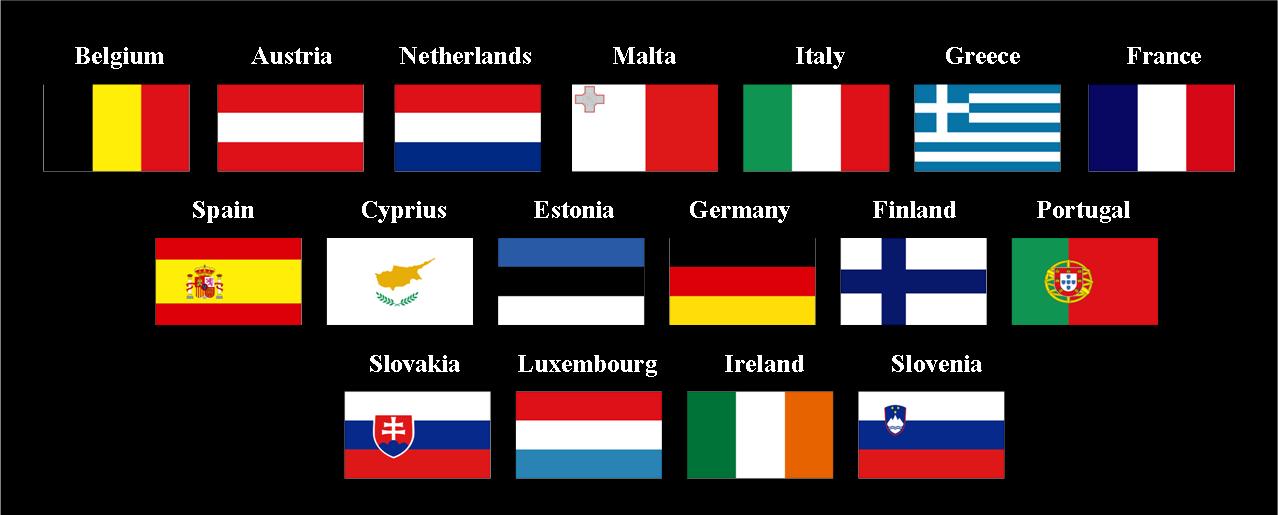Blog

Eurozone retail sales fall in March
Key points:
Sales fall for second month in a row… but rate of decline eases
Employment and purchasing activity dip in line
with sales
Summary of findings:
March retail PMI® data from Markit showed a second straight monthly fall in sales across the Eurozone retail sector. That said, the rate of decline was slower than in February and only marginal. Country level PMIs converged towards the 50.0 mark that separates expansion from contraction, with growth easing to a marginal pace in Germany and Italy recording its slowest decrease in sales for more than three years. Sales in France were unchanged from February, ending a six-month run of decline.
The Markit Eurozone Retail PMI – which tracks month-on-month changes in the value of retail sales– registered at 49.2 in March, up from February’s mark of 48.5. This was the sixth sub-50 reading in
the past seven months, but one that was indicative of only a marginal rate of decline. Year-on-year, sales fell at the slowest rate since September 2011.
Commenting on the data, Phil Smith, economist at Markit and author of the Eurozone Retail PMI, said: “The retail sector remains an area of relative weakness in the Eurozone economy, lagging behind the manufacturing and service sectors which have long been in growth phases. That said, the retail data suggest that the worst may have passed, with trade stabilising in France in line with positive trends elsewhere in the economy and Italian companies recording a much slower rate of decline. However, growth of any real kind in coming months will undoubtedly require a re-acceleration in Germany.”
Germany saw only a fractional rise in retail sales in March, the slowest in its current 11 month sequence of growth. Trade in France meanwhile stabilised, having fallen continuously since last September. The contraction in sales at the Eurozone level therefore reflected a further decrease in Italy. That said, Italian firms recorded their slowest fall in sales in the current downturn which began in March 2011.
Retailers in the Euro area generally maintained a preference for lower employment, with staffing levels falling at a modest pace that was little changed from that recorded in the previous survey period. Job losses in both France and Italy countered a further (albeit slower) rise in employment at retailers operating in Germany.
Purchasing activity was also reduced to a level more consistent with lower demand, extending the current sequence of contraction to 32 months. Furthermore, the degree to which buying levels decreased was the most marked since last November. Stock levels meanwhile rose slightly, the fourth consecutive month of accumulation.
A brighter outlook for sales was signalled by the March data, with retailers the most optimistic about their future performance* in three years. Sentiment was the strongest since early 2011 in each of the big three.
Finally, March’s survey showed a reduction in the rate of purchase price inflation faced by Eurozone retailers, to the slowest in eight months. The slowdown was broad based by country. By subsector at the Eurozone level, the strongest rise in average purchasing costs was recorded by companies specialising in pharmaceuticals.
http://www.markiteconomics.com/Survey/PressRelease.mvc/1286f3ad71ee4d42a04d737926d28ce1



Comments